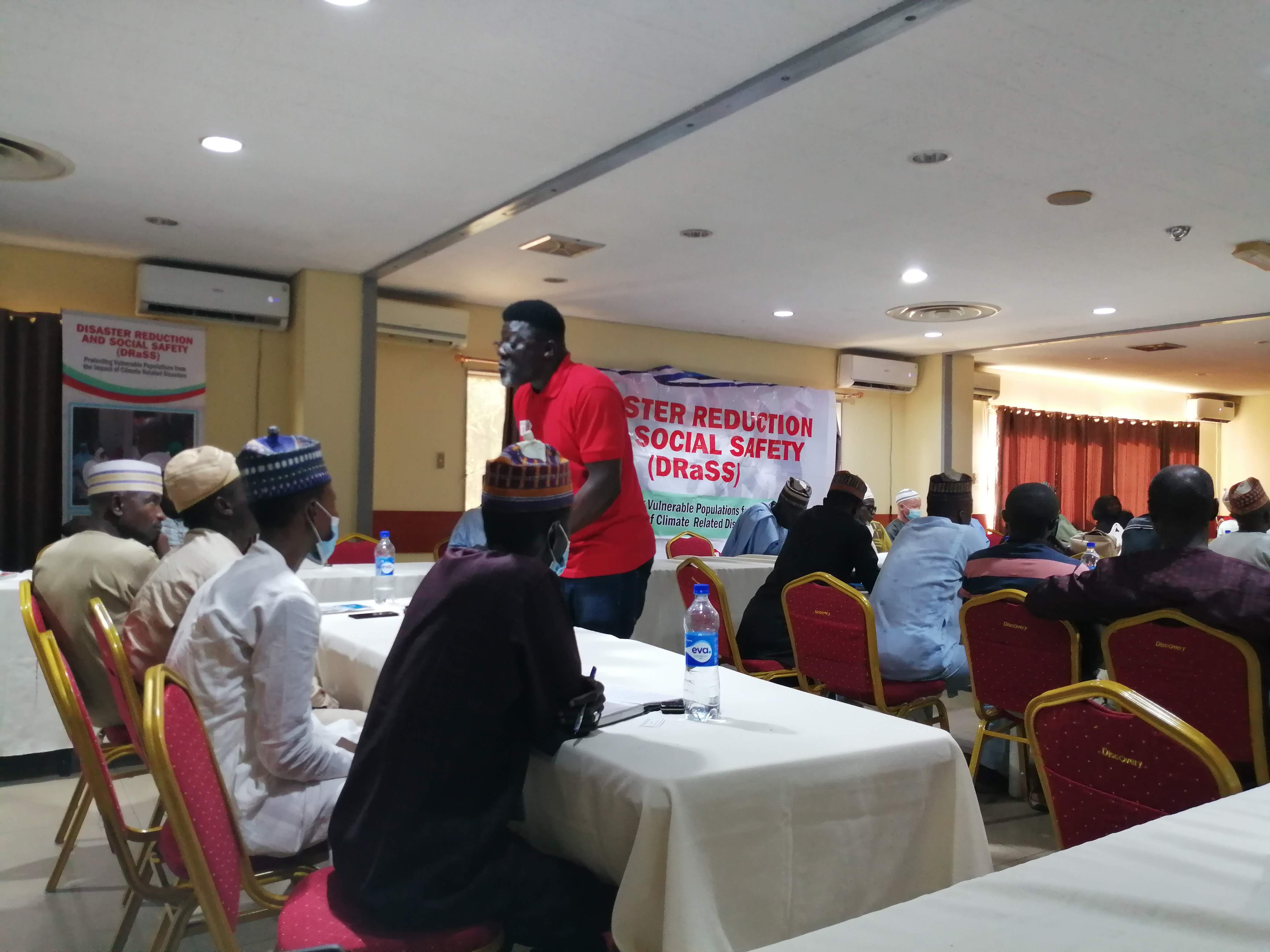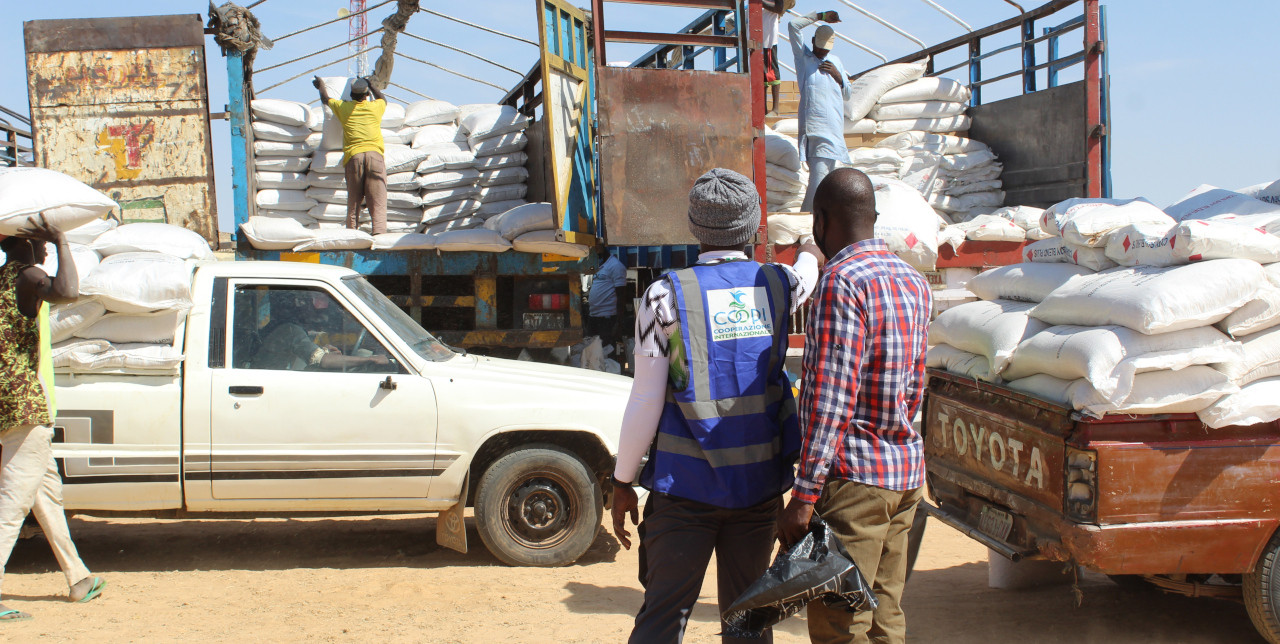21-03-2022 | di COOPI
Nigeria. Local Emergency Plans for Rapid Response
Climate change-induced flooding remains a major type of natural disaster across Northwest Nigeria usually manifested in form of seasonal flash flooding and river flooding. Violent conflicts and internal displacements, flooding, and epidemics are causing a rise in the number of vulnerable groups at risk of disasters in northwest Nigeria. Floods and epidemics, combined with violent conflict and internal displacement, are causing an increase in the number of groups vulnerable to disaster risk in northwest Nigeria.
COOPI – Cooperazione Internazionale, in partnership with Christian Aid, is implementing a project entitled "Improving early warning systems and social safety nets for rapid disaster response in north-western Nigeria", in the States of Sokoto and Kaduna, with funding from the European Humanitarian Aid (ECHO).
One of the key activities of the project is the development and/or review of contingency plans: to date, the Sokoto State contingency plan has been developed, while the existing contingency plan for Kaduna state was reviewed between 15th – 20th November 2021.

The contingency plans were developed and reviewed by Local Government actors and facilitated by a consultant affiliated to National Emergency Management Agency (NEMA).
State Disaster Management Platform (DMP), Local Emergency Management Committee (LEMC), and Community Disaster Management Platform (CDMP) participated in the development and review of contingency and local emergency response plans. The participation of these stakeholders is important as first-line responders to disasters. These stakeholders also have the knowledge of the flood-prone areas; have a concern and the requisite authority or understanding of organizational capabilities of their communities in handling the disaster.
Contingency plans are expected to facilitate a rapid and coordinated emergency response by allowing planners, in advance of an emergency to consider the likely consequences of an emergency before it occurs. In addition, these plans clearly identify the key resources, both human and physical, which may be available or needed to effectively respond to the emergency.
Through this project, COOPI and Christian Aid seek to improve Early Warning Systems and Social Safety Net for rapid disaster response in North-West Nigeria by strengthening the capacity of state and local emergency actors.
Cover image: ph. Giorgia Volpe




 Nigeria
Nigeria